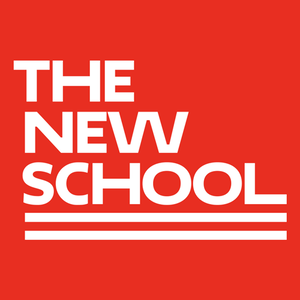 Sanjay G. Reddy over at Reddy to Read:
Sanjay G. Reddy over at Reddy to Read:
My academic institution, like many others in the world, forecasts a severe financial crisis as a result of the response to COVID-19. It has, as a result, preemptively announced job furloughs and other severe measures, including pay cuts to faculty and staff. Many members of the community have, however, perceived the institution as having become top heavy with highly paid administrators, and of having made bad prior choices which limit current options (see this excellent article from the Chronicle of Higher Education on the debate at Johns Hopkins, which applies to many other universities too). It has meanwhile become one of the more expensive institutions to attend in the US, and therefore in the world, limiting the scope to raise revenue through tuition increases. Students, and families, have helped to pay for the “top heavy” university.
The faculty and students are increasingly concerned with identifying an alternative to the “scorched earth” approach to crisis management currently proposed by the institution, including a more effective and just scheme of revenue raising and burden sharing. Recently, I have been analyzing (see latest version of presentation) the finances of the institution with the aid of a couple of motivated graduate students, by assembling and analyzing diverse public data from multiple sources (all collected here, along with the supporting calculations). The faculty have, despite a charade of budget transparency, had little by way of a comprehensive view of university finances with which meaningful consultation and deliberation could take place. The institution’s finances have been perennially and universally viewed as opaque, even though the financial condition of the university has often – not only this year – been referred to by top administrators as the reason for decisions. Although it is true that relevant information has been available in various nooks and crannies, it has been difficult to put together and to make sense of as a whole.
The exercise in budgetary transparency, which I report on here, although a work in progress, is a small contribution in the direction of a more rational discussion of effective and fair options before the institution.
More here.
